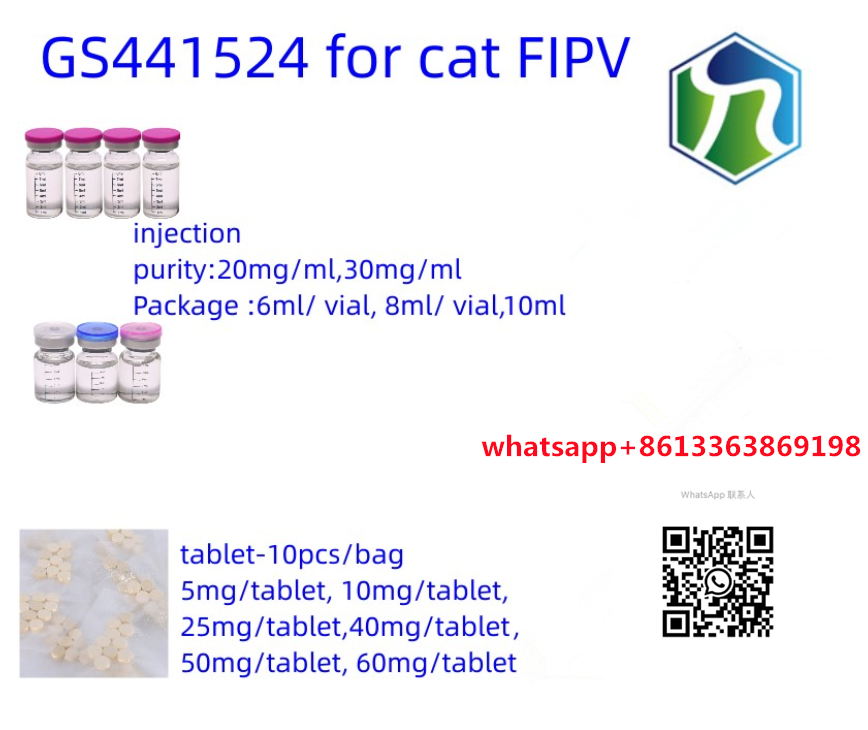
- +86-13363869198
- weimiaohb@126.com

Desemba . 03, 2024 17:01 Back to list
what is intermediate in pharmaceutical
What is Intermediate in Pharmaceuticals?
In the vast field of pharmaceuticals, the term intermediate plays a crucial role. Intermediates are chemical substances that are formed during the synthesis of active pharmaceutical ingredients (APIs). They are not the final products that will be marketed; instead, they serve as essential building blocks in the complex process of drug development. Understanding intermediates is key for professionals working in drug design, production, and quality control, as they influence both the efficacy and safety of the final pharmaceutical product.
The Role of Intermediates in Drug Development
The pharmaceutical industry is highly intricate, involving various stages from drug discovery to market launch. During drug synthesis, scientists create intermediates through a series of chemical reactions. These reactions are meticulously designed to yield specific compounds that can be further modified to produce the desired drug. For example, the synthesis of a common antibiotic may involve multiple steps, each generating an intermediate that serves a unique purpose in the overall synthesis pathway.
Intermediates can vary significantly in terms of their structures, properties, and reactivity. Some might be relatively simple molecules, while others could be complex organic compounds. Regardless of their nature, each intermediate must be carefully managed to ensure a smooth transition to the next stage of the synthesis process.
Types of Intermediates
Intermediates can be broadly categorized into two types isolable and non-isolable intermediates. Isolable intermediates are those that can be extracted and purified before proceeding to the next step in the synthesis. They often have significant applications in research and may be studied for their own potential therapeutic effects. In contrast, non-isolable intermediates are typically reactive species that exist only briefly during the synthesis process. These intermediates do not lend themselves to isolation; instead, they are consumed almost immediately in subsequent reactions.
what is intermediate in pharmaceutical

Another classification involves primary and secondary intermediates. Primary intermediates are directly involved in the formation of the final API, while secondary intermediates may result from side reactions or alternative pathways. Understanding the differences between these types of intermediates is vital for chemists striving to optimize synthetic routes and maximize yields.
Importance of Intermediates in Quality Control
The characteristics of intermediates can significantly influence the quality of the final pharmaceutical product. Variability in the quality of intermediates can lead to inconsistencies in the API, potentially affecting its effectiveness, safety, and stability. Therefore, rigorous quality control measures are put in place to monitor the synthesis of intermediates. Pharmaceutical companies employ techniques such as chromatography, mass spectrometry, and nuclear magnetic resonance (NMR) to analyze intermediates at various stages of production.
Additionally, regulatory agencies, such as the U.S. Food and Drug Administration (FDA) and the European Medicines Agency (EMA), require detailed documentation of the synthesis process, including information about all intermediates involved. This requirement ensures that manufacturers adhere to strict quality standards, helping maintain the safety and efficacy of pharmaceuticals.
Conclusion
In summary, intermediates are a fundamental aspect of pharmaceutical manufacturing. They represent transitional compounds that are vital for the synthesis of active pharmaceutical ingredients, directly impacting drug development processes. Recognizing the role and importance of intermediates aids chemists and pharmaceutical professionals in optimizing synthesis pathways, ensuring quality control, and ultimately delivering safe and effective medications to patients. As the industry evolves, understanding intermediates will remain crucial in addressing the challenges of drug development and maintaining high standards in pharmaceutical production.
-
Tryptamine CAS 61-54-1 Supplier High-Purity Chemical Factory
NewsApr.29,2025
-
CAS 34846-90-7 Supplier & Factory High-Purity Chemical Solutions
NewsApr.29,2025
-
6F Crystalline CAS 137350-66-4 High-Purity Supplier & Factory Solutions
NewsApr.29,2025
-
SR-9009 CAS 1379686-30-2 High-Purity Stock & Certified Factories
NewsApr.28,2025
-
Lidocaine HCl CAS 73-78-9 Bulk Supply & Trusted Manufacturer
NewsApr.28,2025
-
LGD-4033 CAS 1165910-22-4 High-Purity SARM from Trusted Factories & Suppliers
NewsApr.28,2025